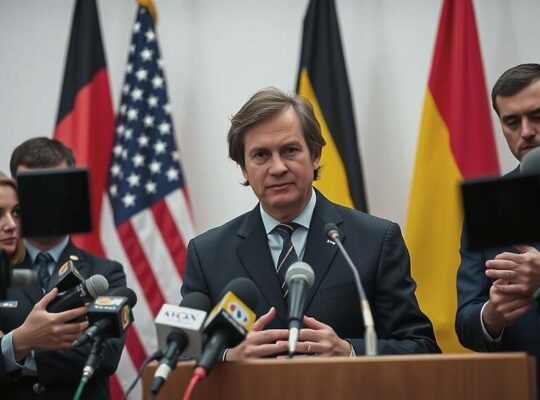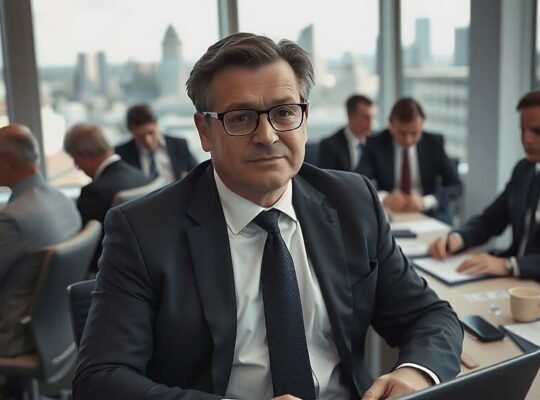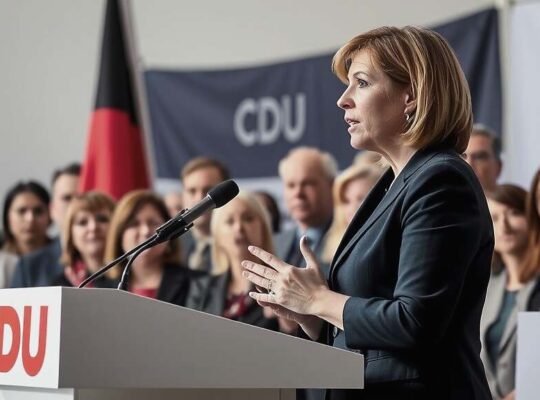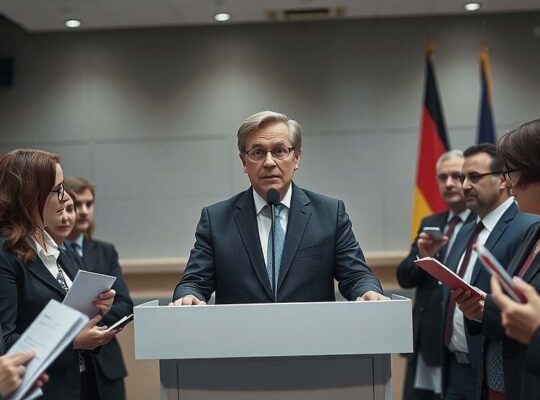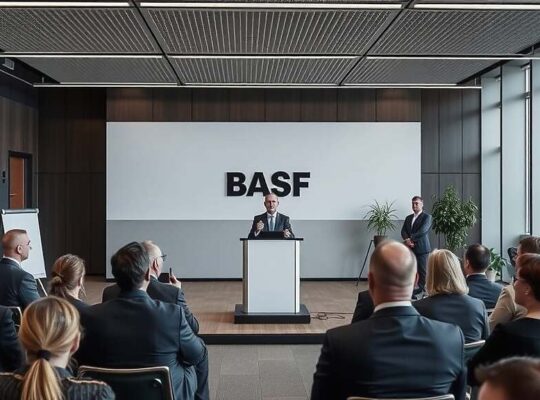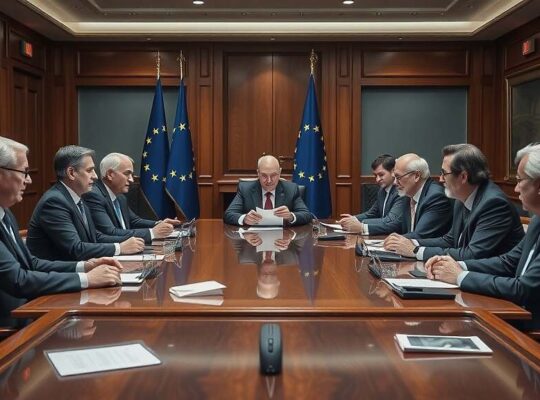The German construction industry is facing a deepening crisis of confidence, with the sector’s leading representative, Tim-Oliver Müller, leveling serious accusations at Chancellor Friedrich Merz and Transport Minister Patrick Schnieder of the CDU. Müller, CEO of the German Construction Industry Association, argues that recent promises regarding the infrastructure special fund have failed to materialize into tangible action, leaving construction firms in a state of prolonged uncertainty.
Müller’s criticism centers on the apparent disconnect between the government’s rhetoric – specifically, pledges to immediately move forward with all “shovel-ready” projects – and the reality on the ground. He contends that projects deemed ready for construction should be readily implementable within a matter of weeks, yet significant progress remains absent. This lack of action, he states, is actively damaging the sector.
The core problem, according to Müller, is a pervasive lack of clarity regarding upcoming projects. Neither Autobahn GmbH nor Deutsche Bahn, crucial players in infrastructure development, have provided concrete timelines or project lists, leaving contractors unable to plan effectively. He warned that failing to initiate new projects this year, despite the government’s commitments, would be “completely unacceptable.
Crucially, Müller’s assessment challenges the narrative surrounding the special fund itself. He asserts that the promised influx of additional billions has not materialized as initially presented. Instead, the fund appears to be functioning as a mechanism for shifting funds from the existing transport investment budget into other areas, with the special fund then being used to replenish those depleted resources. This transfer, rather than a genuine boost to infrastructure spending, is fueling widespread pessimism within the construction industry and raising questions about the government’s true intentions for revitalizing Germany’s ailing infrastructure. The lack of transparency surrounding these financial maneuvers is further exacerbating the sector’s anxieties and eroding trust in the political leadership.




